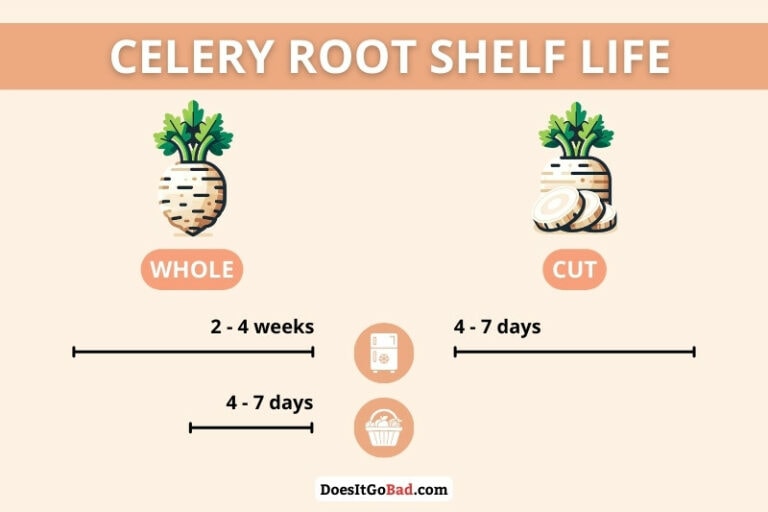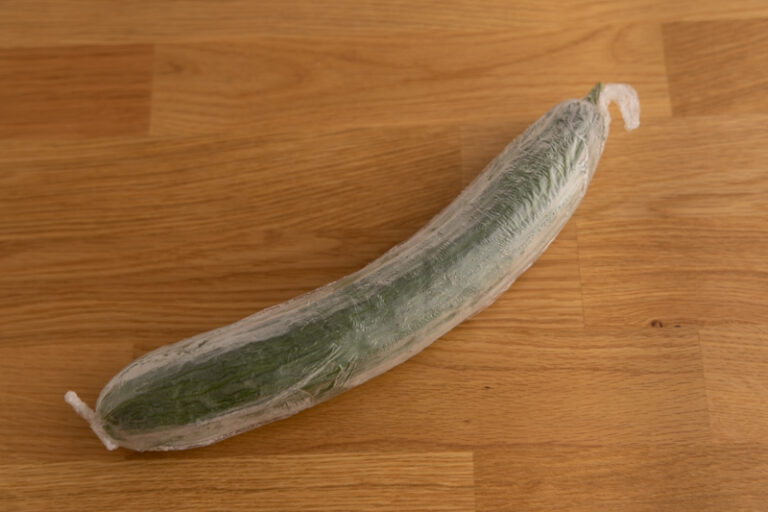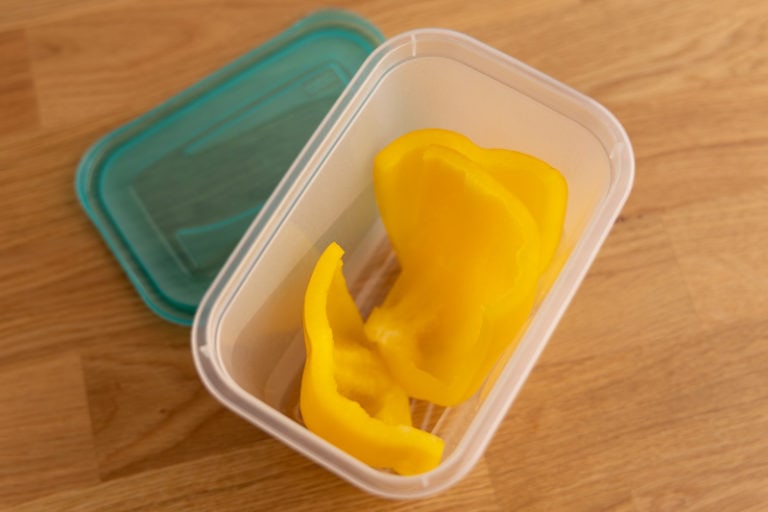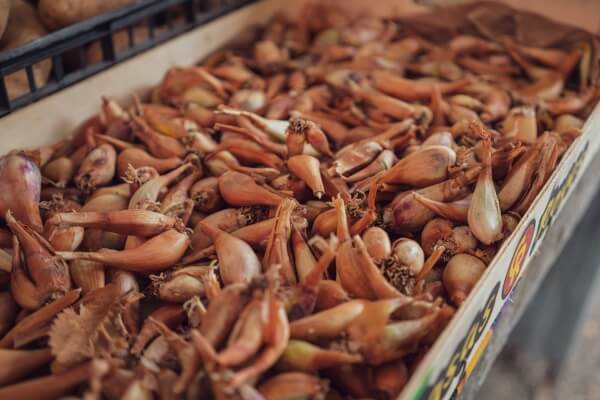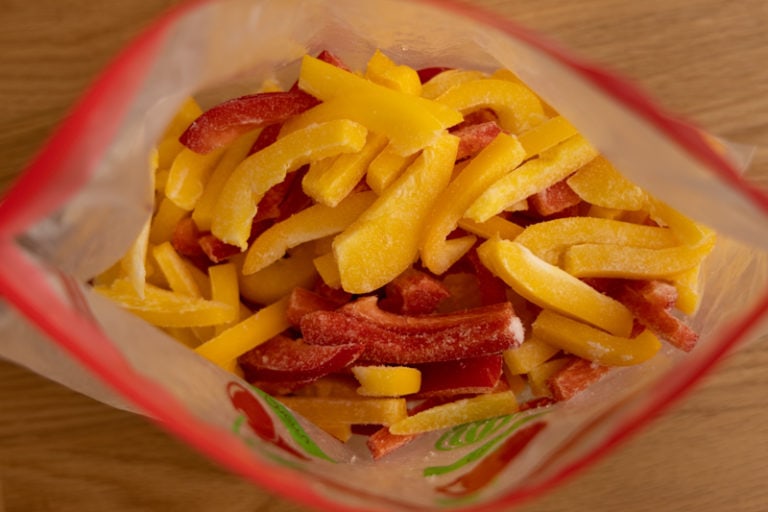How Long Do Carrots Last? [Whole, Cut, Cooked & Baby]
Bought a bunch of carrots, and not sure how long they can sit in storage? How long do carrots last, actually?
Here’s all you need to know about the shelf life of carrots. Learn how long whole, cut, cooked, and baby carrots last, plus whether or not you should refrigerate them.
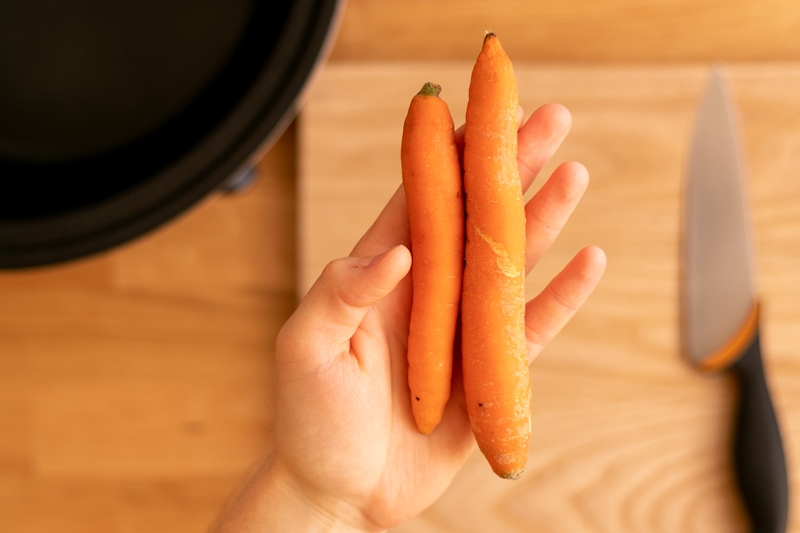
How Long Do Carrots Last?
| Pantry | Fridge | |
|---|---|---|
| Whole carrots | 3 – 5 days | 2 – 3 weeks |
| Cut carrots | 1 – 2 weeks | |
| Cooked carrots and leftovers | 3 – 4 days | |
| Baby carrots | 1 – 2 weeks |
Whole Carrots
According to the University of Nebraska Extension, raw whole carrots can last for 2 to 3 weeks in the refrigerator. But you can also store them in the pantry at room temperature, where they’ll keep for about 3 to 5 days, depending on the temperature.
(That’s quite similar to how long celery root lasts.)
Those 2 to 3 weeks are for regular storage. That is, you simply remove the carrot greens (if still attached) and put the carrots in the fridge.
That’s what I usually do, and that 2 to 3 weeks period (sometimes even up to a month) of storage in good quality seems to check out.
If you need your carrots to keep for more than that, and even up to a month, you should store them submerged in water and change that water every couple of days. I cover this idea in my article on storing carrots.
Cut Carrots
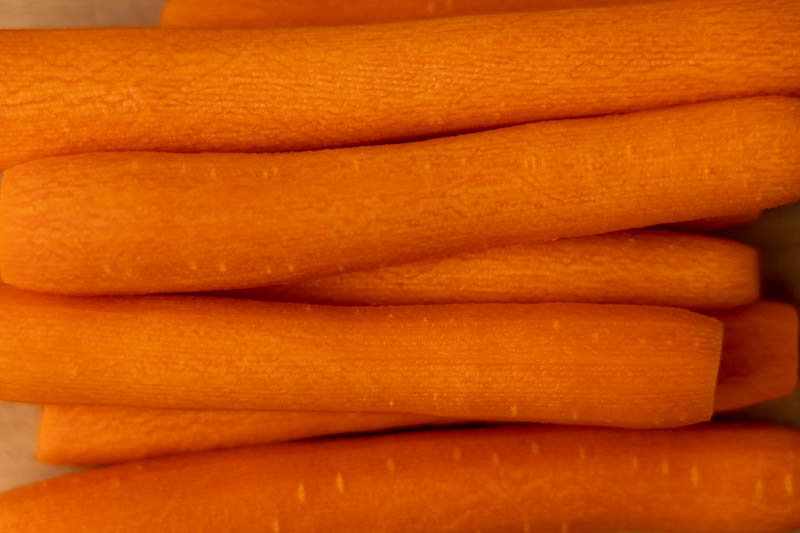
Lightly processed carrots (peeled and/or cut) can last for one to two weeks in the refrigerator if you seal them tightly in an airtight container or freezer bag, or place them in a humid place like the veggie drawer.
Again, making sure the carrots don’t lose water that quickly, for instance, by wrapping them in moist paper towels, helps extend the storage time.
Heavily processed carrots, like shredded, grated, or cut into strips, last for only a couple of days before they lose quality and go bad. For those, I wouldn’t store them for more than 3 to 5 days.
Cooked Carrots
Cooked carrots last for only 3 to 4 days in the fridge. After cooking the carrots, let them cool on the counter until they get to about room temperature, but for no longer than 2 hours. Then transfer them to an airtight container and refrigerate.
That shouldn’t be a surprise, as that’s pretty much the same way you go about any other perishable leftovers.
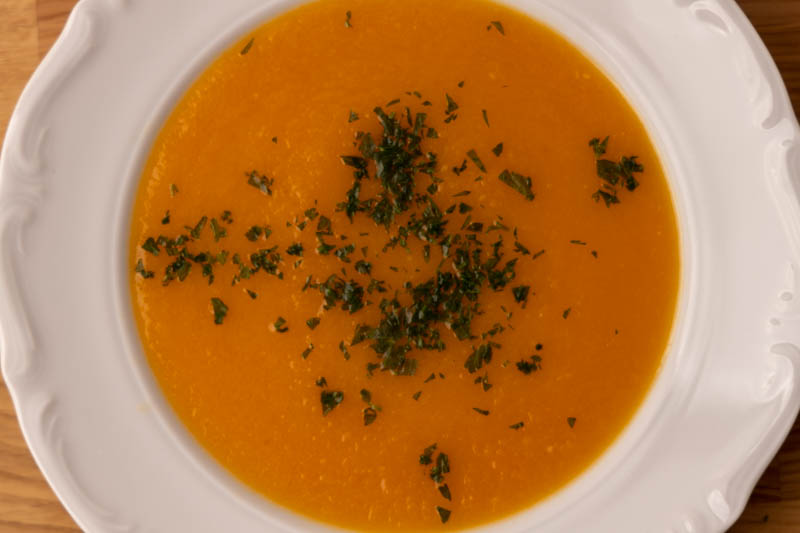
Baby Carrots
Baby-cut carrots last about 1 to 2 weeks in the refrigerator. Similar to regular-sized carrots, they like being stored in a humid environment, which is why the crisper drawer is the best place for them.
For best results, store baby carrots in a resealable bag or airtight container.
Baby carrots are harvested before they reach maturity, and that’s why they don’t last as long as their big brothers do. That said, you can use the same tricks to prolong their storage time to maybe 3 weeks.
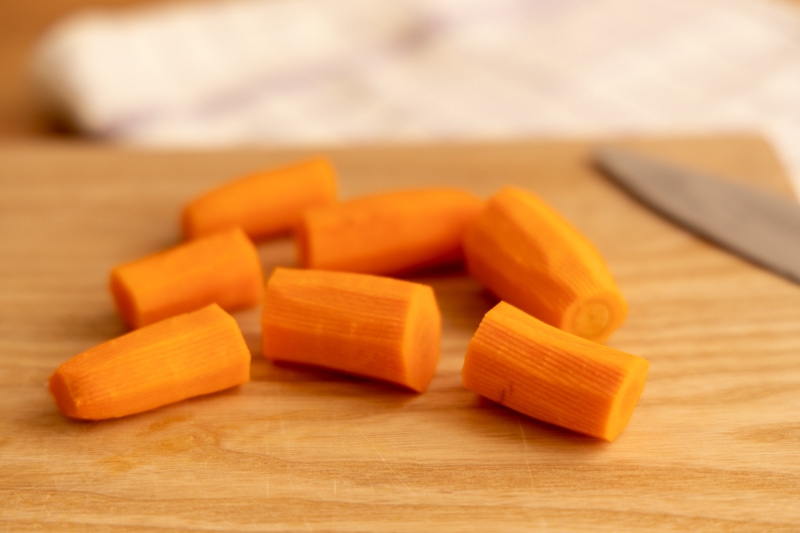
Do Carrots Need To Be Refrigerated?
You don’t need to refrigerate whole carrots because they last for a couple of days at room temperature. But if you need them to last for more than 4 to 5 days, or 2 days for baby carrots, refrigeration is the better option.
Just by transferring your carrots into the fridge, you more than double their shelf life and delay the onset of spoilage signs.
Cut Carrots
For peeled and sliced carrots, the easiest option is to refrigerate them in an airtight container or freezer bag. They should last for about a week this way.
If you need more time, try submerging them in water, the same way you submerge whole unpeeled carrots.
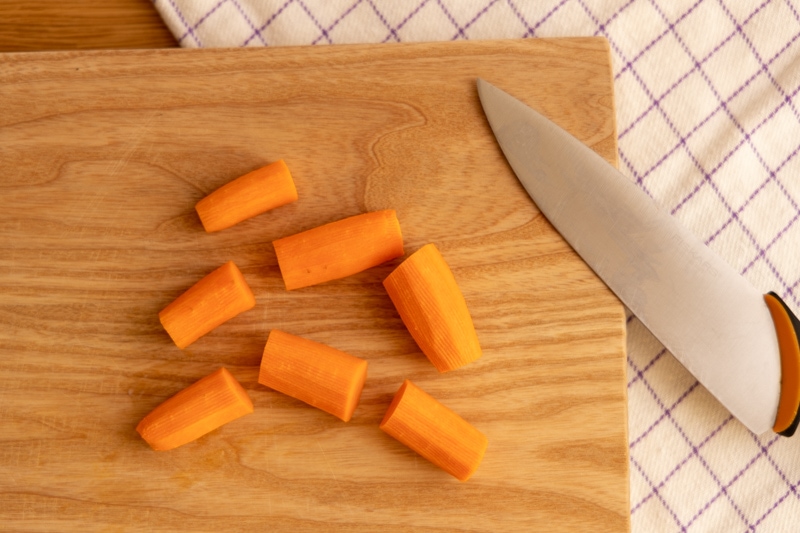
Cooked Carrots
Let the carrots (or the dish they’re a part of) cool down to about room temperature (but no longer than for 2 hours), and transfer them into an airtight container.
Rotten Records: Share Your Snap!
Caught some food past its prime? Upload your photo to “Rotten Records” and help others spot the signs of spoilage. Every image makes our food community safer and more informed!
